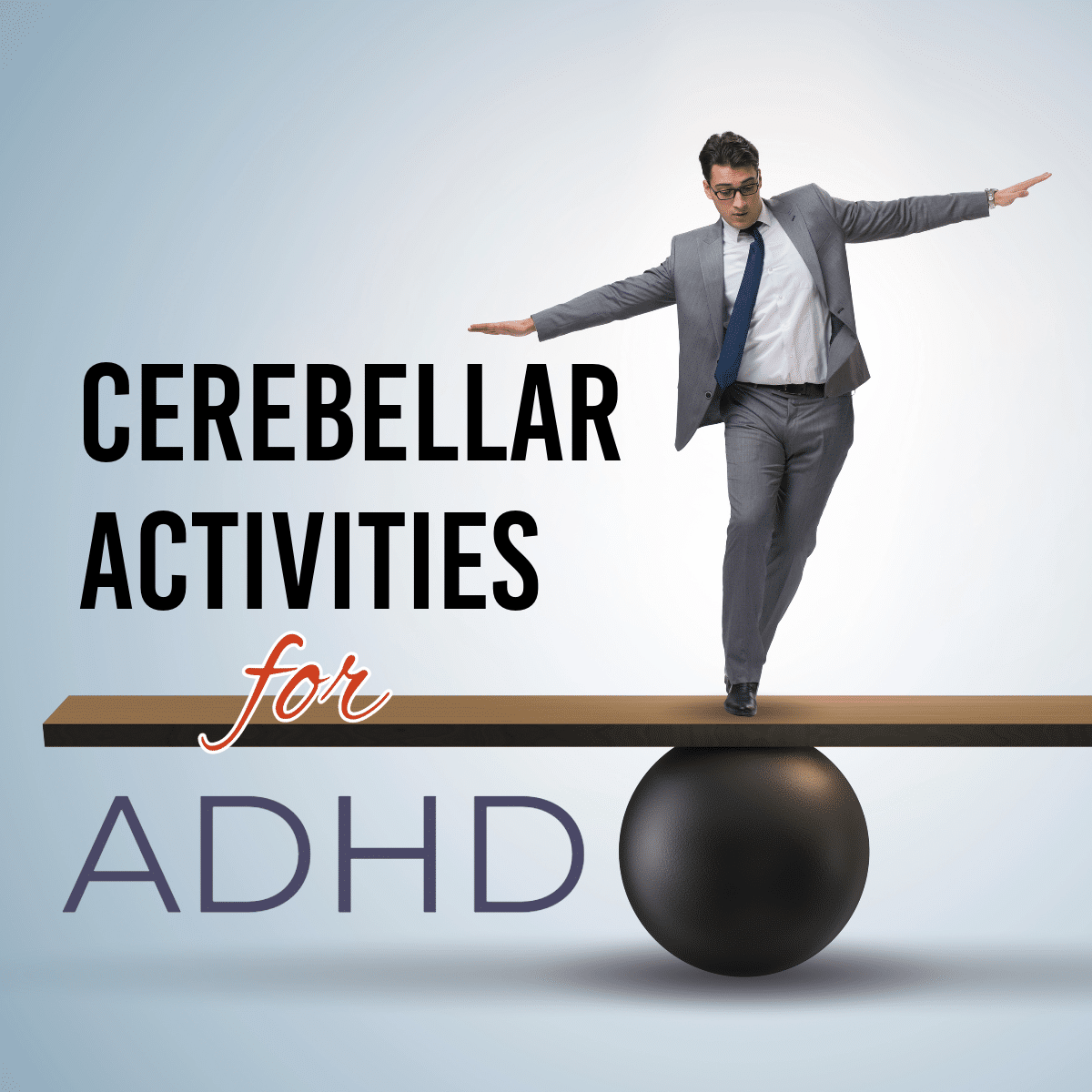
The peri-menopausal stage can be up to 8 years long and is characterized by fluctuating hormone levels. In this time period (during peri-menopause) individuals can have many problems with executive function, meaning the area of the brain that affects memory, flexible thinking, and inhibitory control. Executive function refers to 5 characteristics:
- Paying attention
- Organizing and planning
- Initiating tasks and staying focused
- Regulating emotions
- Self-monitoring
During menopause, estradiol levels can affect dopamine, which is long understood to affect executive functioning. Dopamine is implicated in disorders such as ADHD, which is why complaints of menopausal women frequently overlaps with symptoms of ADHD.
“Peri-menopause” refers to an individual who is about to start menopause, and involves fluctuating hormone levels. “Post-menopause” refers to a woman who has a persistently high FSH and low estradiol level.
Women in the peri-menopause phase are at higher risk of depression, even if they have never been depressed in the past. Post-menopausal women are at lower risk of depression, but are more likely to have memory difficulties. Depending on the individual, one can enter a peri-menopause phase as early as her late 30s, up to her mid 50s.
What does estrogen affect? Nearly every body tissue!
- Headaches and hotflashes
- Teeth loosen
- Increased risk of coronary disease
- Aches and pains
- Lower bone mass
- Hair becomes thinner
- Breasts droop
- Nipples become smaller and flatten
- Skin becomes drier
- Abdomen loses tone
- Urinary stress or urge incontinence can develop
- Vaginal dryness
- Memory and cognition!
Studies have found that menopause has an effect on memory, independent of one’s age. Meaning that if you adjust for age (subtract the typical changes with age), menopause also has a detrimental effect on memory.
Women who have had a hysterectomy (the removal of the uterus for a medical purpose) may not know when they enter peri-menopause and would need blood testing such as an FSH test to help determine that. Women who have their ovaries removed (for a medical purpose, called a salpingo-oophorectomy) enter menopause much earlier. If those individuals are not on hormone therapy, their risk of dementia is 2x higher in their 70s, compared to an individual who did not receive such a treatment.
How is menopause linked to trouble focusing/concentrating? Because estradiol affects dopamine!
- Estradiol reduces the rate of dopamine metabolism through inhibiting COMT (rate limiting enzyme in catecholamine metabolism). Therefore lower estrogen leads to increased metabolism of dopamine, therefore lower levels of dopamine.
- Estrogen protects against striatal dopaminergic injury. We believe that this may lead to a protective effect in women compared to men against development of Parkinson’s disease.
- Estradiol enhances development of mature spines in neurons, which are important for learning, memory and plasticity.
- Estrogen interacts with dopamine, noradrenaline, stress, genotype, serotonin.
Executive function depends on dopamine and noradrenaline in the prefrontal cortex.
- Too much, or too little dopamine and noradrenaline can cause executive function problems.
- If you have good dopaminergic tone prior to menopause, you may not need estradiol to modulate COMT, however if you have poor dopaminergic tone, you may be at increased risk of developing executive function problems.
Treatment for executive function difficulties in menopausal women.
- In a study of 14 menopausal women, randomized to placebo vs atomoxetine, the group who received atomoxetine (40-80 mg/day) showed a significant improvement in scores related to working memory, sustained attention and concentration. Both groups showed improvement in emotional control.
- In a study of 32 menopausal women, who were randomized to cross-over between placebo and lisdexamfetamine 40-60 mg/day, for 4 weeks, with a 2 week washout, found a statistically significant improvement in measurements of executive functioning (measured by the BADDS score). Delayed paragraph recall was improved, but there is no improvement in working memory. The medication was found to have a statistically significant impact on raising blood pressure and heart rate.
- Individuals with more severe problems related to organization and motivation for work found a more significant treatment effect.
- Delayed, but not immediate, paragraph recall was improved, which suggests that individuals with more memory “load” have a more significant treatment effect, as it is more difficult to remember a paragraph after longer elapsed time.

 Bruce Bassi
Bruce Bassi





